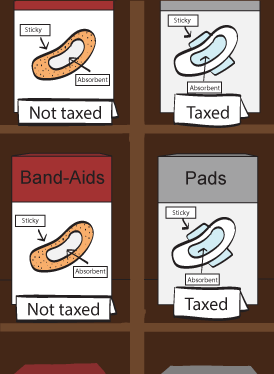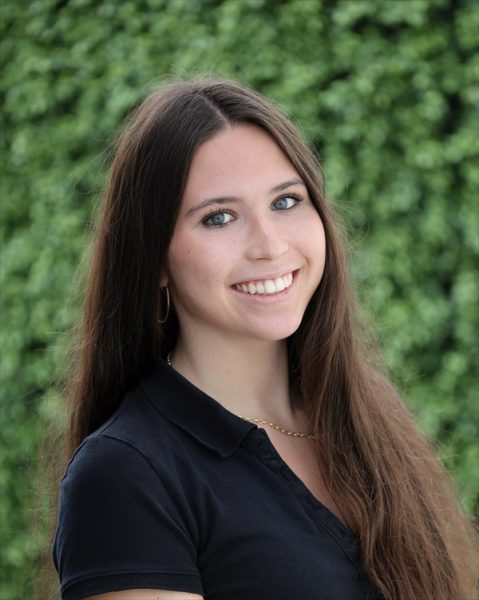Bill introduced to end ‘tampon tax’
May 24, 2016
Although the U.S. Food and Drug Administration classifies tampons and pads as medical devices, they are taxed in California, unlike bandages which are exempt from sales tax, despite also being considered medical devices.
“I feel that it is very unfair and discriminatory towards women,” junior Amelia Bulivant said. “Both products have similar purposes and are equally essential, so it’s unjust how the one that pertains specifically to women is taxed and the other one isn’t.”
Tampons, pads and other menstrual items, which are not classified as necessities, are taxed as “luxury” items in California, one of 40 states with similar tax codes.
“It’s inconsiderate to call them a luxury item,” Bulivant said. “People are clearly ignorant to the fact that we need them. You can’t live without them.”
Women across California are pushing for the passage of a bill, drafted by state assemblywomen Cristina Garcia (D-Bell Gardens) and Ling Ling Chang (R-Diamond Bar), to remove the sales tax on feminine hygiene products.
“It is long overdue,” Katie McCall, Human Resources Manager at the Women’s Community Clinic, said. “Any supplies that are tied to women’s menstrual cycles are necessities. It’s not something that women can opt into and out of.”
About $20 million in taxes from feminine hygiene products goes to the state annually, according to Garcia’s office.
“The $20 million is being carried by women who are getting paid 79 cents on the dollar who are often full breadwinners because they are in single family homes,” McCall said. “To layer on a biological requirement is unfair.”
Women need to come together to fight for the bill and make it known that feminine hygiene products are a necessity, according to senior Cat Heinen.
“The most effective tactic would be to contact a local congressmen or state representative to get the concern out there,” Heinen, who has discussed the issue in meetings with the on-campus Fem Alliance club, said.
To bring attention to state legislators, “Cosmopolitan” magazine created petition to end the tax, which has drawn almost 60,000 supporters. The petition is a way for minors to voice their opinions in the push to pass the bills in light of their inability to vote.
“It takes the vigilance of citizens and elected officials to make sure we are crafting fair laws,” McCall said. “Meeting the basic needs of people in our society, that’s what the government is here for, and I think feminine supplies are basic needs for women.”










